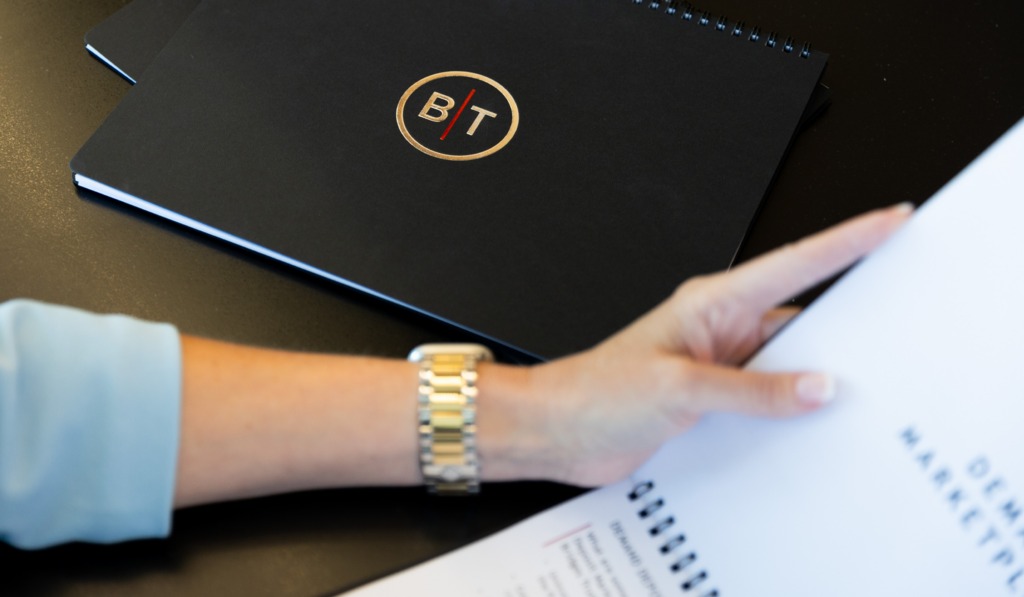2022 Berkshire Annual Meeting Commentary
BETTER LATE THAN NEVER
Second-guessing Warren Buffett’s capital allocation decisions never struck us as a great use of time. We humans are an opinionated lot, prone to backseat driving and armchair quarterbacking, especially towards the successful. Human nature being what it is, naysayers often multiply when Berkshire underperforms. As recently as June 30th, 2020, Berkshire Hathaway B Shares had trailed the S&P 500 by 5.6% per year over ten years, (that’s 146% for those keeping score at home)1 and there were more than a few nays being said.
The complaints have been relatively consistent:
- Berkshire should deploy its excess cash
- Berkshire should buy more companies
- Berkshire should buy more stocks
- Berkshire should pay a dividend
- Berkshire should name a successor and Buffett cede day-to-day control.
These all basically boil down to capital allocation, something Buffett knows a thing or two about. While few (read any) of us have experience running a $390 billion equity portfolio, public opinion of Buffett’s capital allocation is often swayed by the stock’s performance. In the past twelve months, Berkshire Hathaway B shares have outperformed the S&P 500 by 15.8%. Consequently, claims that ‘Warren has lost his touch’ (an assessment we disagree with) have somewhat died down. While the elephant gun has been gathering cobwebs, there are two major developments in recent years that suggest Warren came to the right conclusion, albeit slower than we would have liked.
The first is the purchase of $51.8B of Berkshire Hathaway stock in 2020 and 2021. One could argue that Berkshire has held far more cash than it required for the running of its operations consistently since 2009. While the repurchases are welcome and (in our estimation) increased the per-share value of Berkshire, a fair question is why did he wait so long? His prior framework of only buying at a multiple of 110% of book value (later raised to 120%, then ‘below his estimate of fair value’) likely prohibited some very accretive purchases at much lower prices. While we understand his price discipline, the opportunity cost of sitting on so much excess capital seemed to dwarf the risks of overpaying.
The second development is the net purchase of $41.5 billion of equities in the first quarter of 2022. While most people think of Buffett primarily as an investor in public securities, he really hasn’t done much as of late. If you netted all of Berkshire’s equity purchases and sales from 2012 to 2021, it put a total of $7.7 billion into the stock market6. While this may seem large, it’s a rounding error compared to its means (cash totaled $160.3 billion at the end of 2021). The S&P 500 has returned 303% since January 1st, 2012. Had Berkshire not held excess cash for more than a decade, book value would be meaningfully higher.
Buffett has said that he finds very little in public markets that interests him (as recently as February 26th, 2022). And yet he reversed course and deployed more capital into public equities in the first quarter than the 10 years prior6. We’re really at a loss to explain what has changed. While only time will tell if these purchases were adept, it strikes us as a stark contrast to the second quarter of 2020, when Berkshire sold almost $13 billion in equities (at much lower prices). Buffett has long advised to buy low and sell high, but a chart of the S&P 500 versus Berkshires’ equity purchases would suggest he’s doing the opposite.

What’s more is that the securities he bought were stocks he’d sold at much lower prices. The annual meeting revealed that he’d bought $7.7 billion of Occidental Petroleum at $48.39 a share. He sold the same security in the second quarter of 2020 likely in the mid-teens. While we see the wisdom of changing your mind when the facts change, it doesn’t inspire confidence buying something up 200% from where you sold it less than two years prior.
All that’s a long way of saying we applaud putting the excess capital to work, but wish he’d gotten around to it sooner. Despite his shopping spree in the first quarter of 2022, Berkshire still has $95 billion in excess cash as of March 31, 2022 and finding something intelligent to do with it will continue to be our primary concern.
We suspect that Berkshire will continue to go through bouts of underperformance relative to the S&P 500, perhaps for a substantial period, but we believe the risk-adjusted returns have historically been quite acceptable although past performance provides no guarantee of future results. We see the wisdom of accepting a lower return provided it comes with less risk. In our estimation, Berkshire is no longer a get rich stock, but a stay rich stock and we’ve sized your portfolios appropriately.
Sincerely,
Bridges Trust Investment Committee


